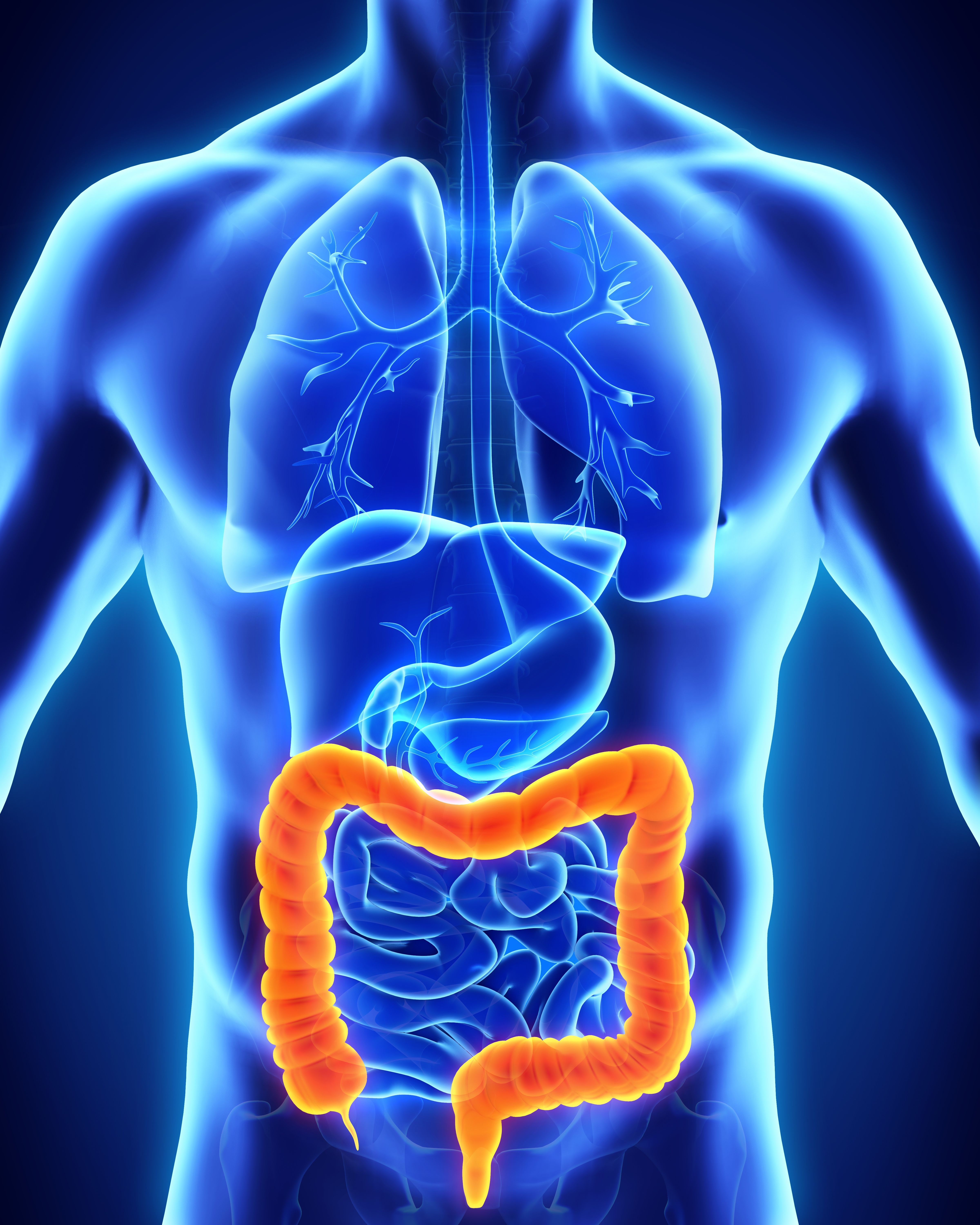Article
New Treatment Option for Ulcerative Colitis
Author(s):
The U.S. Food and Drug Administration has approved ustekinumab (Stelara, Janssen) for the treatment of adults with moderately to severely active ulcerative colitis, a condition that affects approximately 910,000 adults in the U.S.
(©Nerthuz, AdobeStock.com)

The U.S. Food and Drug Administration has approved ustekinumab (Stelara, Janssen) for the treatment of adults with moderately to severely active ulcerative colitis, a condition that affects approximately 910,000 adults in the U.S.
Ustekinumab, an interleukin-12/23 inhibitor, is the first approved ulcerative colitis treatment to provide improvement of the intestinal lining as assessed by a novel histologic-endoscopic mucosal improvement endpoint.
"Ulcerative colitis is a chronic and progressive disease that can have a significant impact on patients, often disrupting their day-to-day lives with frequent and urgent needs for bowel movements that can be accompanied by pain and cramping," said William J. Sandborn, M.D., UC San Diego School of Medicine in California.
The FDA approval represents “an exciting milestone, offering patients a new option that has demonstrated improvement of the histology and endoscopic appearance of the intestinal lining, while also offering patients the potential for response and remission without the need for steroids."
The FDA approval was based on data from the phase three, randomized, placebo-controlled UNIFI trial involving 961 adults with moderately to severely active ulcerative colitis who demonstrated an inadequate response to or were unable to tolerate conventional or biologic therapies. Patients received a single intravenous infusion of ustekinumab (6 mg/kg) followed eight weeks later by 90 mg subcutaneous injections every eight weeks for 44 weeks. The primary endpoint of the induction phase was clinical remission at week eight and the primary endpoint for the maintenance phase was clinical remission at week 44 (one year after the induction dose) among responders to a single intravenous induction infusion.
Results, which were published in the New England Journal of Medicine last month, showed that ustekinumab both induced and maintained clinical remission in a significantly greater proportion of patients than placebo. Results from the induction phase showed that 19 percent of ustekinumab-treated patients achieved clinical remission within eight weeks, and 58 percent experienced a clinical response at week eight. In the maintenance phase, 45 percent of patients receiving ustekinumab were in remission at one year. Ustekinumab also helped patients achieve clinical remission without the use of corticosteroids, with 43 percent achieving clinical remission and not receiving steroids at one year.
Additionally, more patients treated with ustekinumab achieved endoscopic improvement and mucosal healing, with 17 percent of patients on ustekinumab achieving improvement of the intestinal lining at week eight, while 44 percent did so at one year.
The overall safety profile of ustekinumab in ulcerative colitis was consistent with what has been observed across all approved indications of the drug.
Ustekinumab is also approved for adolescents and adults with moderate to severe plaque psoriasis, adults with active psoriatic arthritis, and adults with moderately to severely active Crohn's disease.




